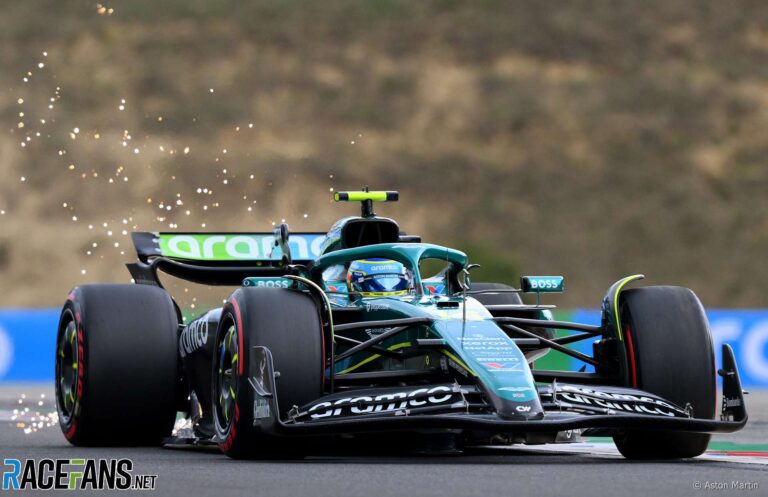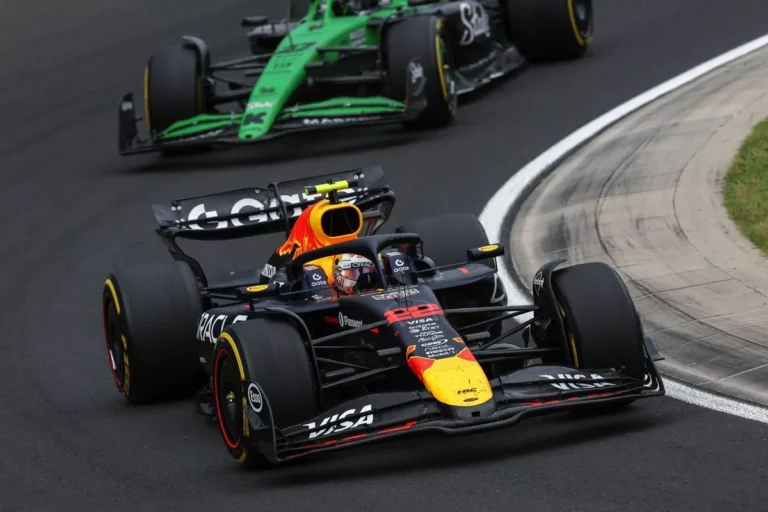
The Hungarian Grand Prix weekend delivered more drama than expected after the FIA handed penalties to Nico Hülkenberg and Gabriel Bortoleto for infractions at the start of their respective races. Both drivers were found guilty of moving their cars before the official start signal, a violation that sparked immediate scrutiny from race stewards.
According to the FIA’s official report, Hülkenberg was seen creeping forward on the grid moments before the lights went out during Sunday’s Formula 1 race. Although the movement was subtle, the Sporting Regulations make no allowance for such motion before the start sequence concludes. In a similar incident during the Formula 2 feature race, Bortoleto’s car exhibited early movement, prompting a swift investigation by officials.
These breaches fall under Article 36.13 of the FIA Sporting Regulations, which clearly prohibits any forward motion prior to the extinguishing of the start lights. The rule exists to preserve the integrity of the grid start and ensure safety by preventing collisions or unfair gains. Both drivers were subsequently hit with time penalties—Hülkenberg receiving a 10-second addition, while Bortoleto faced a similar sanction that dropped him out of a strong finishing position.
The penalties had significant ramifications. For Hülkenberg, the extra seconds compounded an already challenging afternoon in Budapest, further limiting his chances of securing valuable points for Haas. Meanwhile, Bortoleto’s penalty in Formula 2 not only cost him precious points but also impacted his team’s constructors’ standing, tightening an already fierce championship battle.
In a post-race statement, the FIA reiterated its strict stance: “Car #27 and Car #10 were observed to move prior to the start signal being given, constituting a false start under the regulations. The appropriate penalties were applied.” With the season reaching its midpoint, this clampdown underlines how even the smallest misstep—literally—can derail a race weekend.



